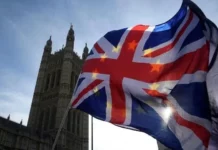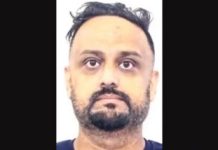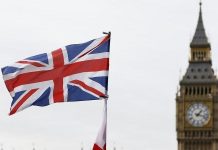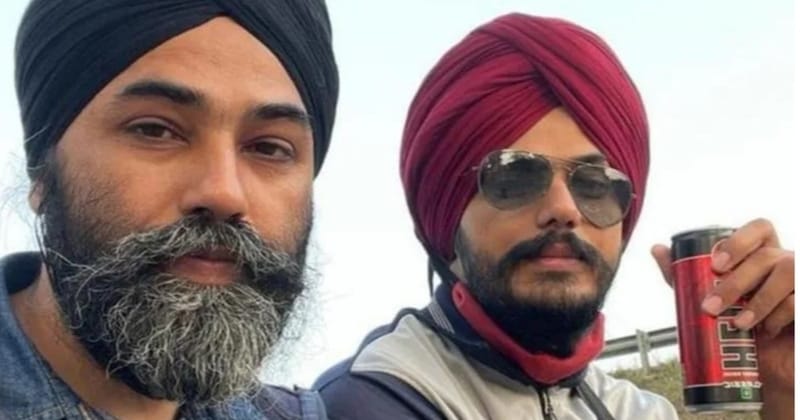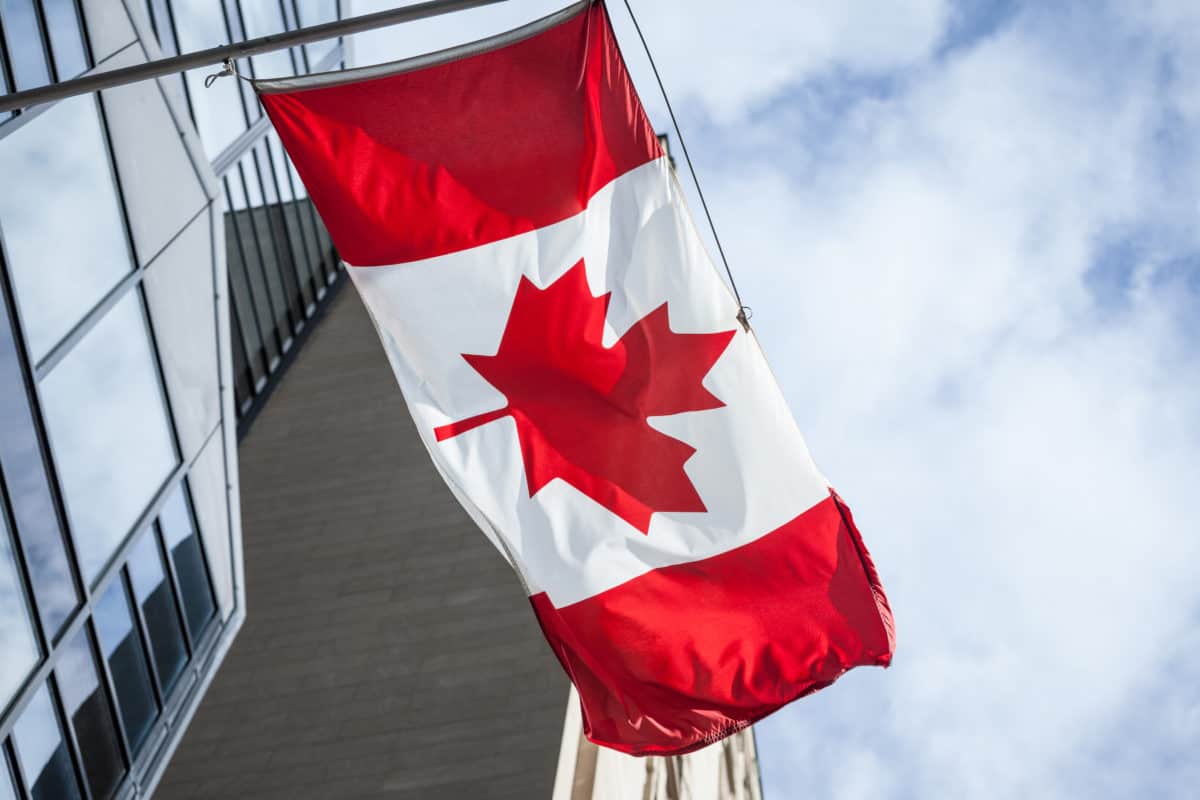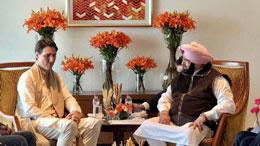 India is accusing Canada of shielding drug fugitives wanted in connection with an international narcotics syndicate helmed by former Punjab police officer Jagdish Singh Bhola.
India is accusing Canada of shielding drug fugitives wanted in connection with an international narcotics syndicate helmed by former Punjab police officer Jagdish Singh Bhola.
It has once again approached Canada over the extradition of the “fugitives” after filing a detailed affidavit submitted by Indian Assistant Solicitor General Chetan Mittal on May 23 before the Punjab and Haryana High Court.
The affidavit stated that Canadian agencies have rejected the Indian government’s request, originally made in 2016, to extradite eight NRIs linked to the case.
Mittal told Indian media that Canada was making technical objections to requests each time “to stall the extradition” of the NRIs or Non-Resident Indians.
India is seeking the extradition of eight NRIs — Ranjit Singh Aujla, Gursewak Singh Dhillon, Nirankar Singh Dhillon, Sarabjit Singh Sander, Lehmbar Singh Daleh, Amarjit Singh Kooner, Pardeep Singh Dhaliwal and Amarinder Singh Chheena — since 2016, according to the affidavit submitted through Rajeev Ranjan, undersecretary (extradition), Ministry of External Affairs (MEA).
During Canadian Prime Minister Justin Trudeau’s visit to India earlier this year, Punjab Chief Minister Capt Amarinder Singh had handed over a list of 11 Canada-based NRIs, allegedly involved in the drug trade in Punjab. Trudeau was also given a list of nine category-A operatives said to be involved in financing and supplying weapons for terror activities in India.
The drug fugitives’ case is rooted in the November 2013 arrest of Jagdish Singh alias Bhola, a dismissed Punjab Police deputy superintendent and an internationally renowned wrestler.
Bhola, was one of the most wanted fugitives operating the drug trafficking racket in India, which indulged in manufacturing and smuggling of pseudoephedrine, methamphetamine, and heroin into Europe, US, Canada and other countries.
In addition to using non-resident Indians living in Canada, Bhola, police allege hired Chinese and Vietnamese nationals for making drugs and shipping consignments to North America.
At the time of his arrest police seized millions in drugs at his hideouts, 35 passports, including eight Canadian ones and a US-made visa imprint machine.
Bhola was arrested after another Indo-Canadian drug smuggler, Anoop Singh Kahlon detained in early 2013, allegedly fingered him as the kingpin of the international syndicate.
Police said, Kahlon, a truck driver, who attempted suicide in an Indian jail after his arrest had been in Canada with his family since 1995. He had built a strong network of drug peddlers not only in US and Canada but in some European countries. He is said to have used at least two Canadian-based Hawala operators (underground bankers) to move money.
The Kahlon group also had connections with a third network run by another Punjab drug baron with links to Canada.
That group led by Ranjit Singh alias Raja Kandola was operating a party-drug manufacturing operation in Punjab, real estate scams and an illegal immigration operation.
Kandola managed a drug empire worth millions of rupees using top models and good-looking young women fluent in English as couriers to send and receive drug-consignments.
Senior advocate Anupam Gupta, who is also associated with the drug haul case, said it is the Canadian government’s policy to protect these people by imposing millions of hyper-technicalities. “It is the strategic and willful stonewalling by the Canadian authorities to stall the extradition process,” Gupta added.
Courtesy Mata Press Service

